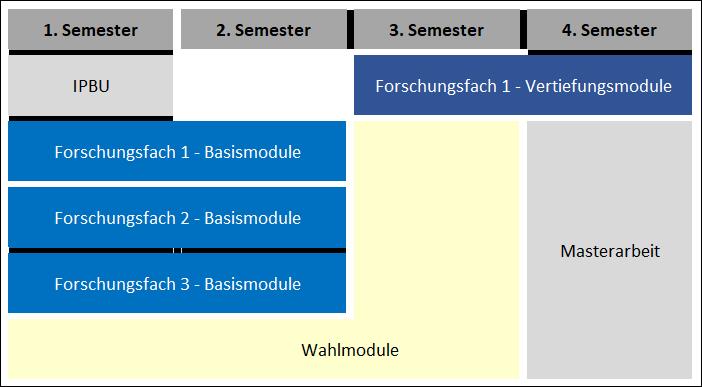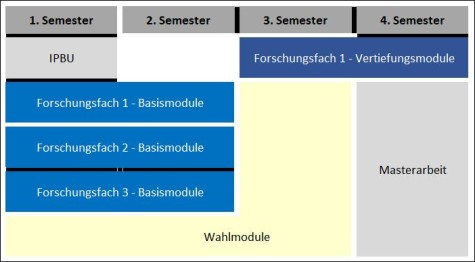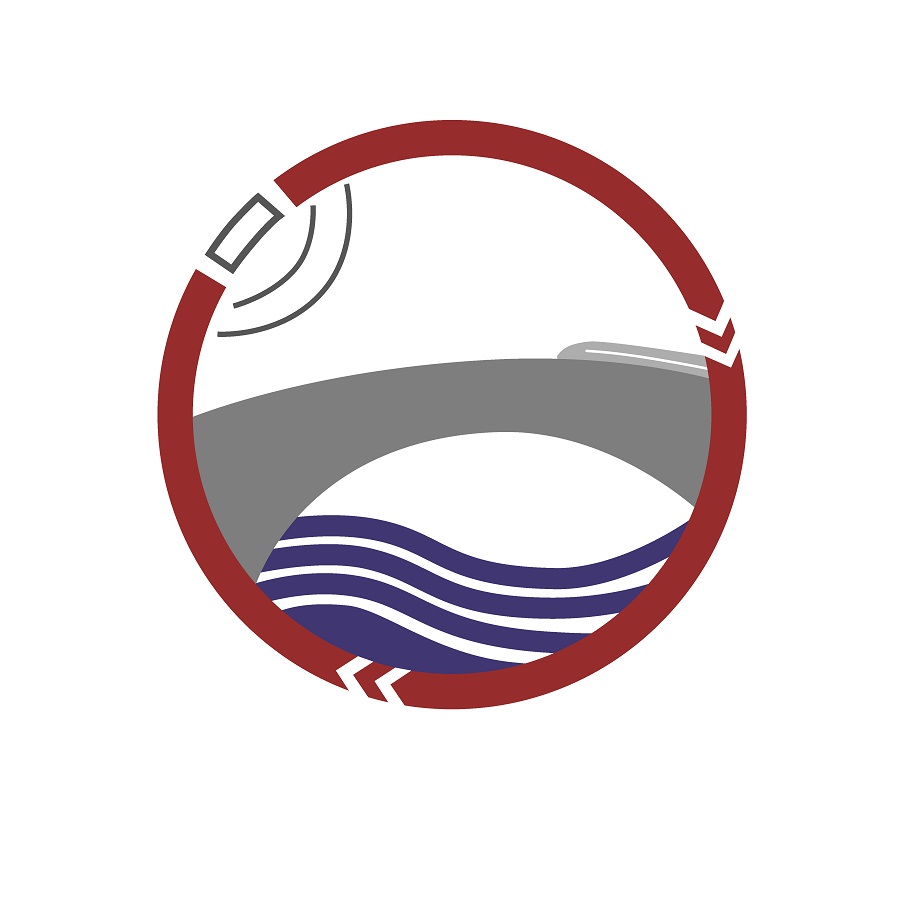If you are already a graduate of a university study programme (bachelor's or diploma) or a comparable study programme (e.g. from a foreign educational institution) in the field of civil engineering or related areas and would like to expand and deepen your knowledge, then our Master of Science in Civil Engineering is just right for you.
A particular focus of the course programme is interdisciplinary and international cooperation beyond the boundaries of the individual disciplines.
A degree opens up diverse and excellent opportunities in the professional world or the basis for a doctorate and a career in research.
The programme is divided into the following main components:


Study and Examination Plan
We offer you a wide range of choices when compiling your study and examination plan. Three or four research subjects can be taken, one of which is selected as a research specialisation subject and is continued until the Master's thesis.
You can find details about the programme in the Study Regulations and the Module Handbook, which you can find on the download page of the Office for Student Affairs . There you will also find the detailed study and examination schedules with the Scientific focus.

Student Advisory Service
You will have a mentor at your side who will support and advise you in this matter. This will make your individual study plan a success.
Admission and Application
Information on application and admission can be found on the main pages of the TU.


